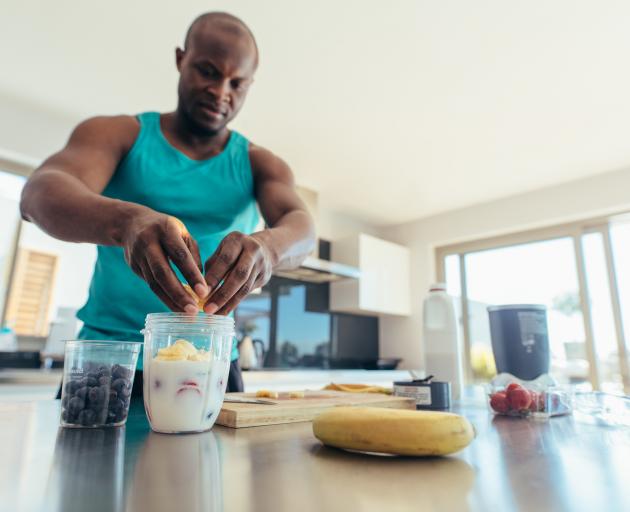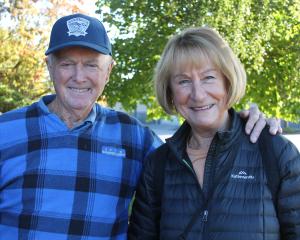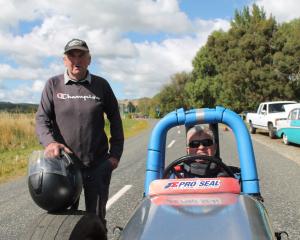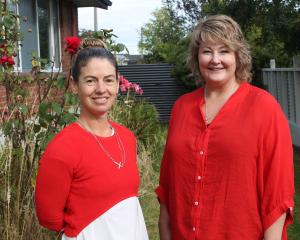
Health, wellness and sports dietitian Dr Kirsty Fairbairn talks winter workout snacks and meals.

Wow, the winter sports season rolls around quickly! Crisp mornings spent on sidelines nursing warm cups of tea, coffee or hot chocolate (and children!) for parents up and down the country, wondering exactly when that snow storm or southerly will be blowing through!
It's character-building stuff, for us and them.
Recovery nutrition is a hot topic among sports people. Professional athletes want to optimise their recovery so they can boost their repair and represent themselves well in front of coaching staff again in following days. The rest of us simply want to recover well so we can get out of bed the next morning! And our kids need to eat well after sport so that their bodies can use that stimulus of exercise to grow in the best way possible.
And yet, food marketing messages so often encourage us to do the opposite: that having taken part in exercise we can now hoe down on nutrient-poor and energy-rich fast-food. Like the whole thing is just a calories game. It is not. Our bodies have just undergone a great stimulus that we will adapt to build our defences for better health, and fast-foods give us very little that we actually need in the post-exercise time frame. I am not against fast-foods being present in an otherwise nutritious diet, but as a sports dietitian the hours after exercise is not the time I would encourage my clients to eat them; yet that is frequently promoted.
We have a saying in sports nutrition, "the four Rs of Recovery" - re-hydrate, refuel, repair and rest.
We get fairly thirsty during exercise, and can drink a lot in the minutes afterwards. Unless you are in a very busy tournament with minimal breaks between games or sessions, or you exercise for more than a couple of hours, then water is usually fine for rehydration afterwards.
Children don't need sports drinks. It would be far better to use the post-exercise window to train their taste buds towards water. Some children might not be great fans of water at any other time during the week, but you can bet that if given a water bottle after exercise they'll have a good go at downing it.
Sports drinks have additional sodium and carbohydrates in them, but you can also get those nutrients from foods such as bananas, scroggin or trail mix, and sandwiches.
The same goes for adults! If a "sports drink" has caffeine in it, it's an energy drink, and kids definitely don't need those. Caffeine makes our hearts beat faster, which is the last thing you want for a child running themselves silly in sport. The sport is a great thing for them, the caffeine isn't.
During sport we use our stores of carbohydrates and fat as fuel. This doesn't really require any special supplements, exercise does it brilliantly for us. Afterwards, a meal or snack containing wholegrain nutrient-dense carbohydrates and protein within two hours is ideal. Carbohydrates that are eaten after exercise are easily taken up by skeletal muscle to replenish fuel stores. The perfect scenario is a good lunch (see table for ideas). Milk or fruit are useful in-between top-ups if the kids are getting a bit hungry before lunch or dinner.
For repair, our body needs all kinds of vitamins and minerals as well as carbohydrates and protein. For this reason, foods are superior to supplements, because foods provide the wider range of nutrients necessary. We are still learning about how we repair after exercise (for example, we are learning about how the immune system gets quite busy around exercise, too). A supplement won't contain a nutrient that we don't know about yet, but foods will. After all, we've been eating food for a very long time! Again, the table provides options supplying a wide variety of nutrients that are most likely to help us bounce back.
For these reasons, sports dietitians always advocate a "food-first" approach because we know how much we don't know.
The final R is rest. We need a good night's sleep to use all the stimulus and resources we feed our body to adapt, get stronger/fitter/faster and to regenerate. A lot of the health and performance "work" is done during our sleep. If your family has a busy sporting weekend, try to prioritise rest and good-quality sleep so you all reap the rewards.
Have a great season!
- Dr Kirsty Fairbairn is a health, wellness and sports dietitian at Invigorate Nutrition (www.invigoratenutrition.com), based at Eclipse Health, Wellness and Performance, Hanover St, Dunedin.












